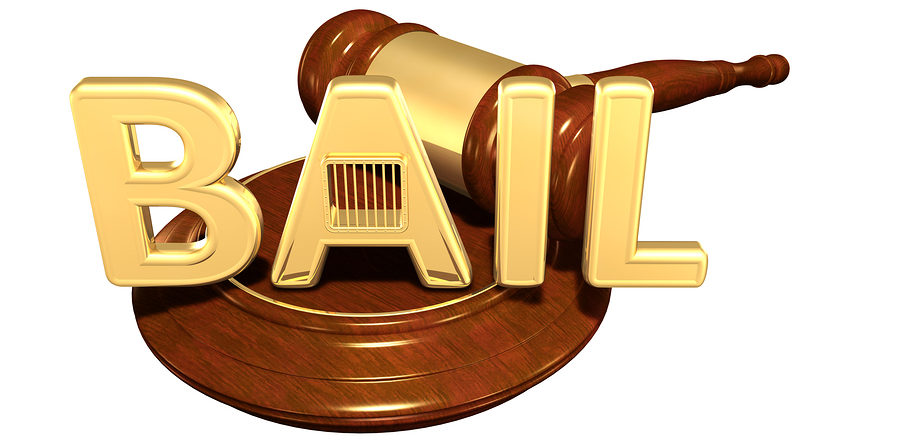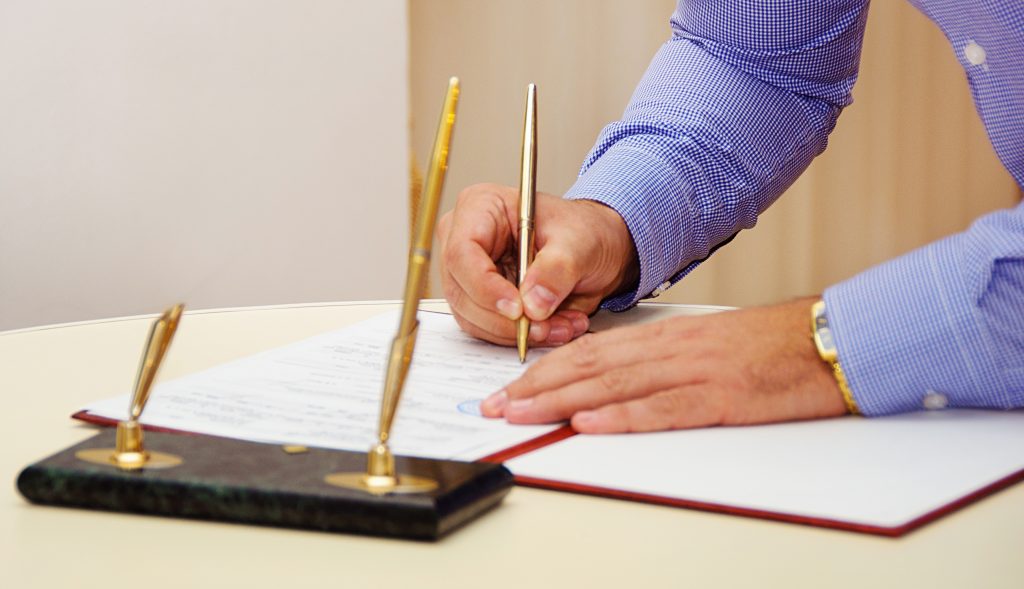Helping someone post bail, or being arrested yourself, is a tedious and dramatic situation that requires legal and financial actions as well as a lot of patience. Once a person is taken in, there are common questions that initially arise about bail bonds and how to get bailed out of jail. Here are some important frequently asked questions about bail bonds and the bail bond process.

Bail Bond Frequently Asked Questions
How Much is My Bail Going to Cost?
This all depends on the state you are in and the charge you have been arrested on. The typical amount of bail is 10 to 15 percent of the original bond amount. So, if a person’s bond amount is 5,000 dollars, then their bail cost would be $500. That is if the bond is ten percent. If the rate is 15%, then the bond amount would be $750. These percentage rates are mandated by State Law, which is why they may differ from state to state.
How Long Will I Be in Jail Before I Can Post Bail?
The amount of time you spend in your county jail is dependent on numerous variables. If you have previous charges on your record or happen to be awaiting trial on pending charges, the jail time will usually increase. If you are arrested while awaiting trial on other charges, then you may be held until your next court date, and bail will be prohibited, however, this varies case to case.
If you are arrested on alcohol charges, bail will be denied for at least 8-9 hours, depending on your state. A person must be sober to be processed, so if 8 or 9 hours is not enough time, a person can be help longer before bail is allowed. You must be processed to be bailed out, but you must be sober to be processed.
If you are arrested on battery charges or resisting arrest charges, a judge can altogether deny your opportunity for bail, and keep you locked up until your court date. Court dates can be scheduled in as soon as one week, or in other common cases, one month. It can even be longer at times depending on the amount of traffic through the jail.
Can I Call Someone From the Jail for Help?
Yes. Many people are misinformed if they think they only get one phone call in jail. The jail will allow you to make as many calls as you like, so long as you are not tying up the line too long. Also, a pay phone is the only phone available, so collect calls are the only option for inmates. Something to take note on, however, is that some cell phone providers do not accept collect calls. It is recommended, when arrested, to call a local number that can accept collect calls, like a family or friend’s home phone line. If you do not have anyone with a home phone line, a bail bond company can offer help and accepts collect calls from jail anytime.
If you are attempting to bail a friend or loved one out of jail, and your cell phone provider allows collect calls, they may require you to set up an account with a positive balance to accept more than one call from the jail. This means, third party companies or your cell phone provider themselves, will mandate an upfront fee of $20 or $30 in order to accept more incoming collect calls from the jail. This is another situation in which a bail bond company can help with collect calls from jail.
Who Can Bail Me Out of Jail?
If you are arrested, a friend, family member, lawyer, or bail bond company can post bail for you. The limitations state that a person must be 18 years or older and have valid photo identification to bail someone out of jail. A person may decline to post bail for someone, or cosign to bail a person out of jail if they fear the inmate may be a flight risk and skip their court dates. If this were to happen, the cosigner is responsible to appear to all the remaining court dates until they can bring in the defendant and turn them in to the court. They will also be held liable for their remaining bond amount to the bail agency.
Should I Bail Someone Out of Jail?
It is important to be sure you are making a safe decision when posting bail for a person. Ask yourself if they are responsible and if they are likely to show up for their court dates, as well as stay out of trouble in the future. If they are a repeat offender or have a streak of debt and unemployment, it could be irresponsible to cosign a bail agreement for them. In general, if a person can pay 10-15% of the bond amount, and show proper I.D., they can bail you out of jail.
Are you looking for a friendly bail bondsman to help you surrender to a warrant or bail your loved one out of jail in Indiana? Contact Woods Bail Bonds at 317-876-9600 for fast and secure bail bond service in Indianapolis, Indiana and its surrounding counties.
Related Posts:
The Responsibilities of a Bail Bond Contract
What is Proper Behavior When Out on Bond?
How Long Will I Be Out on Bail?







